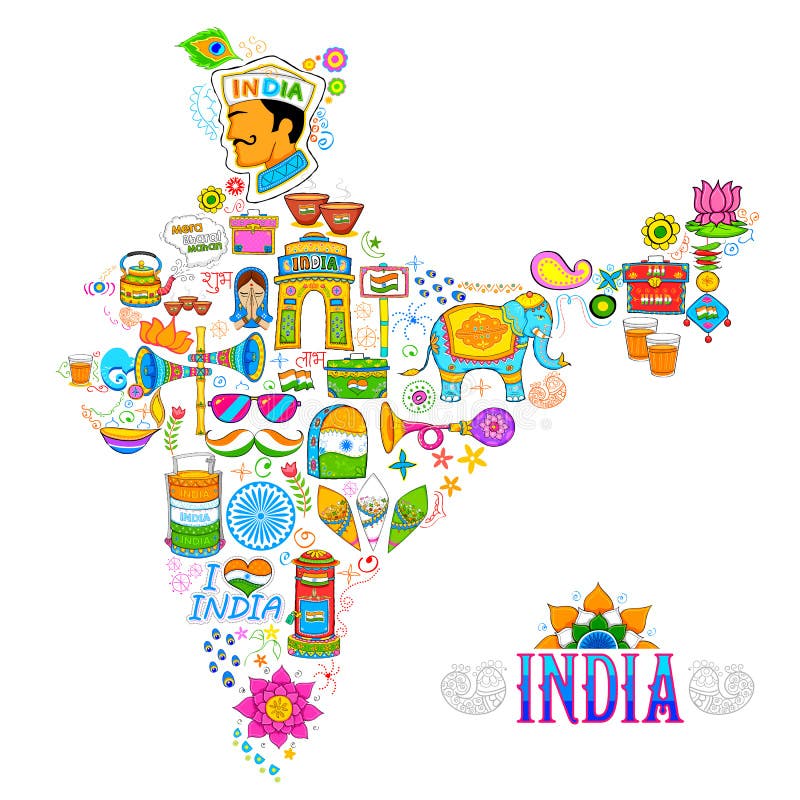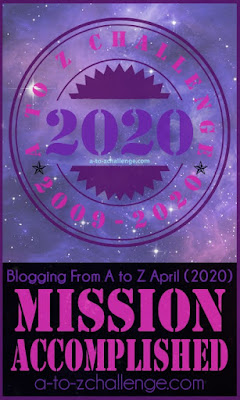Patriotism reloaded
With the recent news on all news channels and tabloids doing the round stating that SC has made playing of the national anthem in cinema halls before screening of films optional. Well, my view or review is I felt bad. It was a good initiative as standing for 52 seconds remembering our anthem for the nation is not that a tough job. We can WhatsApp, chit chat, post on Instagram, tweet, take selfies all this while standing also, then why not spare 52 seconds. Yes, it takes exactly 52 seconds to sing the Indian anthem, Jana Gana Mana.
जन गण मन (Jana Gana Mana) is the national anthem of India.
The national anthem is called राष्ट्रगान (Rastryagaan). It was written by Nobel laureate Rabindranath Tagore in 1911. After Independence of India from British rule, it was officially adopted by the Constituent Assembly as the Indian national anthem on 24 January 1950. A recent read says, In the 1960s and 1970s, cinemas regularly played the anthem but the practice gradually declined.
As the 71st Republic day is approaching let’s re-visit the spirit and try and understand it’s meaning in real sense. Have written the Hindi, Bengali(original) English versions and meaning in English. Originally, it was a Brahmo hymn named “Bharoto Bhagyo Bidhata”, written in Bengali Sanskrit which contained five stanzas. [refer – here for details].
Today, the anthem which is sung is only a single paragraph that is adopted as the National Anthem of India. It depicts the regional and cultural unity as well as the diversity of the country.
Rabindranath Tagore has beautifully expressed the states of India, along with physical geographical features as well.
जन गण मन अधिनायक जय हे, भारत भाग्यविधाता
Jōno gōno mōno odhinayōko jōyo he
Bharōto bhagyo bidhata!
Jana-gana-mana-adhinayaka, jaya he
Bharata-bhagya-vidhata.
Jana = People, Gana = Group, Mana = Mind, Adhinayaka= Leader, Jaya He = Victory, Bharata = India, Bhagya = Destiny, Vidhata = Disposer
Oh! the ruler of all people’s mind, you have protected & dispensed India’s destiny.
पंजाब सिन्धु गुजरात मराठा, द्राविड़ उत्कल बंगा
Pōnjab Šindhu Gujraṯ Mōraṯha
Drabiṟo Utkōlo Bōngo
Punjab-Sindh-Gujarat-Maratha
Dravida-Utkala-Banga
Punjab = Punjab, Sindhu = Indus, Gujarata = Gujarat, Maratha = Maharashtra, Dravida = South, Utkala = Orissa, Banga = Bengal
Your name rouses the hearts of Punjab, Sindhu, Gujarat, and Maratha, also Dravid (South India), Utkala (Orissa), and Bengal
विन्ध्य हिमाचल यमुना गंगा, उच्छल जलधि तरंगा
Bindhyo Himachōlo Jomuna Gōnga
Uchchhōlo jōlodhitōrongo
Vindhya-Himachala-Yamuna-Ganga
Uchchala-Jaladhi-taranga.
Vindhya = Vindhyachal ranges, Himachal = The great Himalayas, Yamuna = Yamuna river, Ganga = Ganges, Uchchhala = Moving & foaming, Jaladhi = Ocean, Taranga = Waves
It echoes in the hills of the Bindhyachals and the Himalayas,
mingles in the music of river Yamuna and Ganges and
is chanted by the waves of the Indian Ocean too.
तव शुभ नामे जागे
तव शुभ आशीष मागे
गाहे तव जयगाथा
Tōbo shubho name jage,
Tōbo shubho ashisho mage,
Gahe tōbo jōyo gatha.
Tava shubha naame jage,
Tava shubha ashisha mage,
Gahe tava jaya gatha,
तव = Yours, शुभ = Auspicious, positive, नामे = name, जागे = Awakening, Ashish = Blessings, Maage = Asking, Gaahe = Sing, Tava = Your, Jay = Victory, Gatha = Story, song.
They wake up listening to your name.
They pray and ask for your blessings and sing for your praise,
You provider of India’s Destiny,
We wish for your victory forever & forever.
जन गण मंगलदायक जय हे
भारत भाग्यविधाता
जय हे, जय हे, जय हे
जय जय जय जय हे!
Jōno gōno mōngolodayōko jōyo he
Bharōto bhagyo bidhata!
Jōyo he, jōyo he, jōyo he, jōyo jōyo jōyo jōyo he.
Jana-gana-mangala-dayaka jaya he
Bharata-bhagya-vidhata.
Jaya he, jaya he, jaya he,
Jaya jaya jaya, jaya he!
Jana = People, Gana = Group, Mangal = Fortune, Dayaka = Giver, Jay Hey = Victory, Bharat = India, Bhagya = Destiny, Vidhata = God, protector,Dispenser
Oh, the protector of India’s fate,
Victory to you, Victory to you, victory to you.

With inputs from a dear friend Suhasini and Wikipedia.








Recent Comments